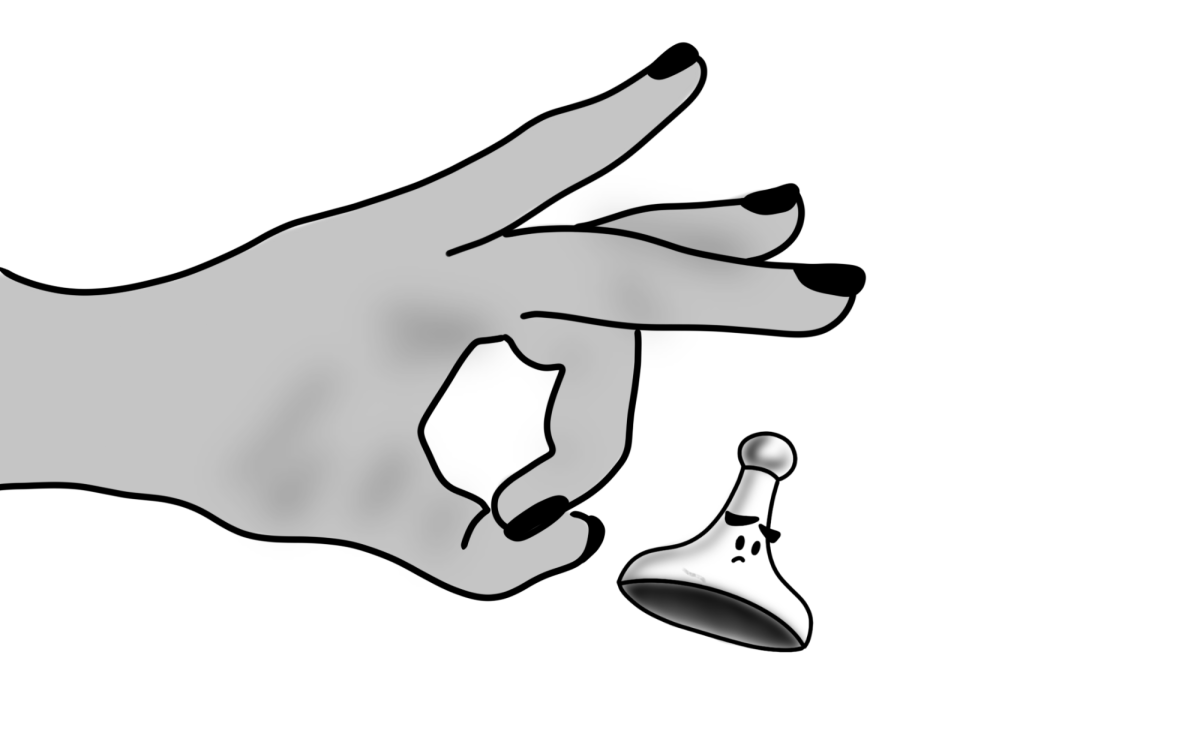When did having a passion for dance, teambuilding and cheer become another opportunity for men to exploit women and enlist them to enhance their public image? NFL cheerleaders have extraordinary athletic discipline and talent, but the culture surrounding cheer has devolved into something far from cheer squads’ athleticism and NFL encouragement. Cheerleading should be empowering and give squad members a sense of pride by focusing on their athleticism rather than physical appearance.
Nowadays, cheerleading comes with a long list of unspoken rules and requirements. The official handbooks for professional cheer squads have rules from how to dress in public to how to wash “intimate areas.” One handbook states: “Intimate areas: Never use a deodorant or chemically enhanced product. Simple, non-deodorant soap will help maintain the right PH balance,” according to Medical Daily. While many specific rules for appearance and hygiene exist, most handbooks do not support cheer members when they are put in uncomfortable situations. Cheerleaders face hypersexualization and groping by drunk fans at games, and are oftentimes forced to ignore their discomfort by posing for photos with rowdy, beer-guzzling men. Many of these men grope cheerleaders while taking photos, and the majority of cheer outfits expose bare skin, which can invite unsolicited touching.
According to a 2018 New York Times article, an anonymous former longtime Cowboys cheerleader said, “We were taught, if someone’s getting handsy on you, how to navigate that. We were told what to say, like, ‘That’s not very nice,’ To be sweet, not rude. Say, ‘Can I ask you to step over here?’ Use body language to help deter the situation. Never be mean. Never. Always courteous. Because if it’s not for the fans, we wouldn’t be here—that’s how we were supposed to think of this.”
Being required to use this type of implicit language is problematic for cheerleaders. Cheerleaders should be protected against situations like sexual harassment. Instead of explaining how to “avoid” or “politely deny” situations, NFL officials should advocate for heightened security measures to assure their safety when socializing. A cheerleader should have every right to signal for assistance from a bodyguard or deny unwanted photos or comments without the fear of being removed from their cheer squad. Fans should also be informed about how to treat cheerleaders and what is and isn’t appropriate. If fans do not comply, they should face legal repercussions.
One major reason as to why there are not explicit legal ramifications towards cheerleaders’ sex offenders is to protect the image of NFL teams, and to keep football targeted towards men—the NFL’s main audience.
Debra Katz, a Washington lawyer who has been tackling sexual harassment cases for three decades, explains how nondisclosure agreements (NDAs) support a cycle of secrecy about harassment and assault cases within cheerleading. An NDA is a contract by which one or more parties agree not to disclose confidential information that they have shared with each other as a necessary part of doing business together.
“When employees with little power sign [NDAs], it creates an environment where sexual harassment or improper pay can proceed because people are fearful of speaking out,” Katz said. “Anytime you have a profession or an industry where sexual harassment can be anticipated, putting someone under an NDA is designed to clearly protect the image and the team.” Katz said in an interview with The New York Times.
While cheerleaders are left to navigate social situations at games without support of the handbook and silencing factors such as NDAs, similar navigation also occurs outside of the football realm. Calendar photoshoots are one of the many “uncomfortable” situations NFL cheerleaders endure.
Five former Redskins cheerleaders spoke anonymously to The New York Times in May 2018 about what they called an environment of sexual harassment and intimidation on the job. These cheerleaders participated in a calendar photoshoot in Costa Rica, where some women were required to pose topless, and other women told to wear nothing but body paint. This created a hostile work environment for the women, as they were being used as objectified models, not cheerleaders. They were being forced to pose in the nude for the titillation of male fans who use football as an excuse for the sexual exploitation of cheerleaders.
While more legal protection should defend the rights of cheerleaders, opposing individuals may argue that these women are choosing to be cheerleaders and will inevitably be subjected to sexual harassment and groping. If cheerleaders are complaining about the sexualized culture, why are they still cheerleading for the NFL?
According to Time, the NFL requires cheerleaders to have full-time jobs outside of cheerleading, including motherhood or being a student in college. They are not pursuing the job for the money, and it is not their choice to be a part of a misogynistic culture. Cheerleading was never intended to disrespect or objectify women. In fact, in 1898, when organized cheerleading was created by a male student at University of Minnesota, it was originally a squad of six male students in an attempt to support their football team. Eventually, in 1923, women were permitted to participate in cheerleading, according to Varsity Spirit. Men were the world’s first American football cheerleaders. Cheerleading was never intended to permit explicit sexual harassment or assault towards women. It is not a cheerleader’s choice to be a part of this culture. They signed up for this job because of their talent and enjoyment of cheer, not objectification.
Cheerleaders are the promoters of their sports teams. They are a key marketing tool for the athletics programs they support, and they create the community patriotism we call “school spirit” or “team pride.” Cheerleaders are also extremely talented women who happen to be treated unfairly. It is the role of fans, the rest of society and the NFL to change this aspect of cheerleading and to make sure cheerleaders are respected for what they are worth.
Illustration by Bella Roesler








